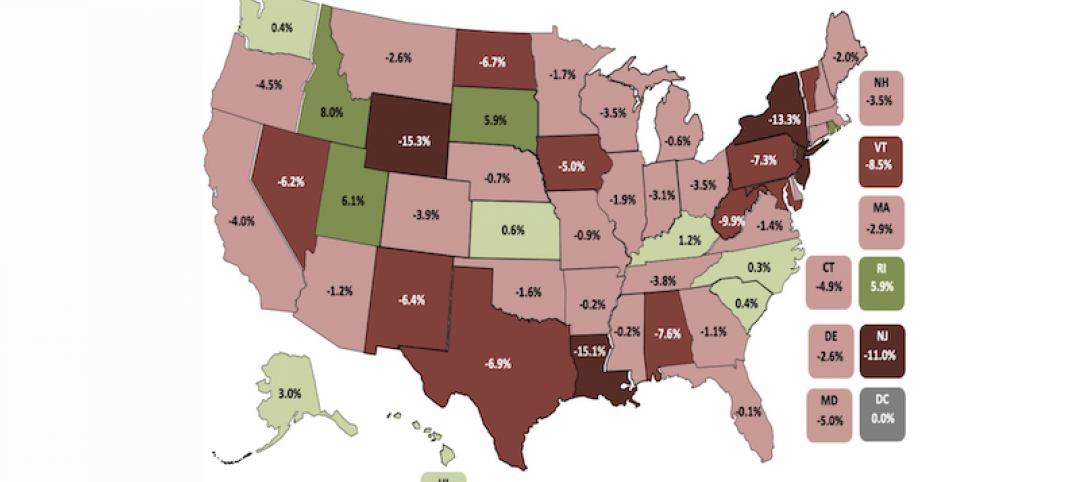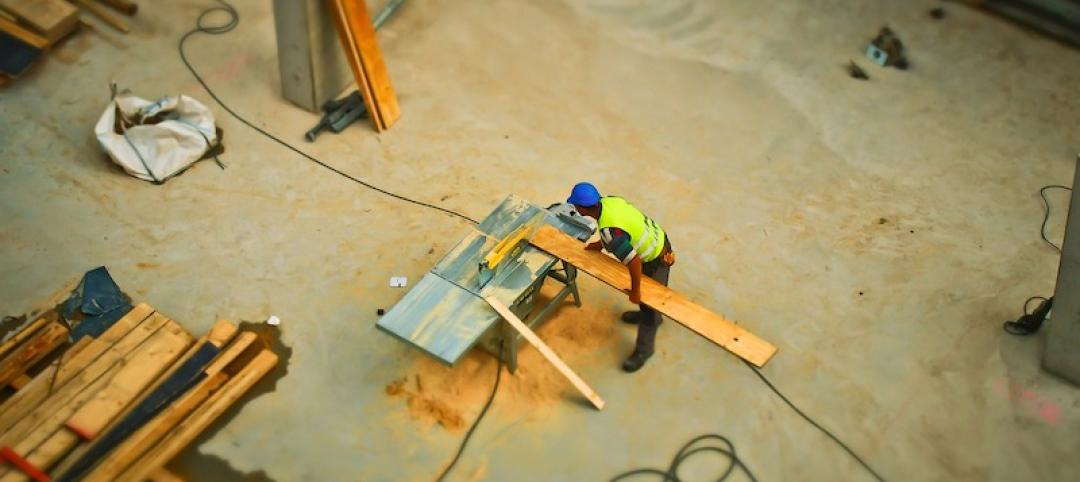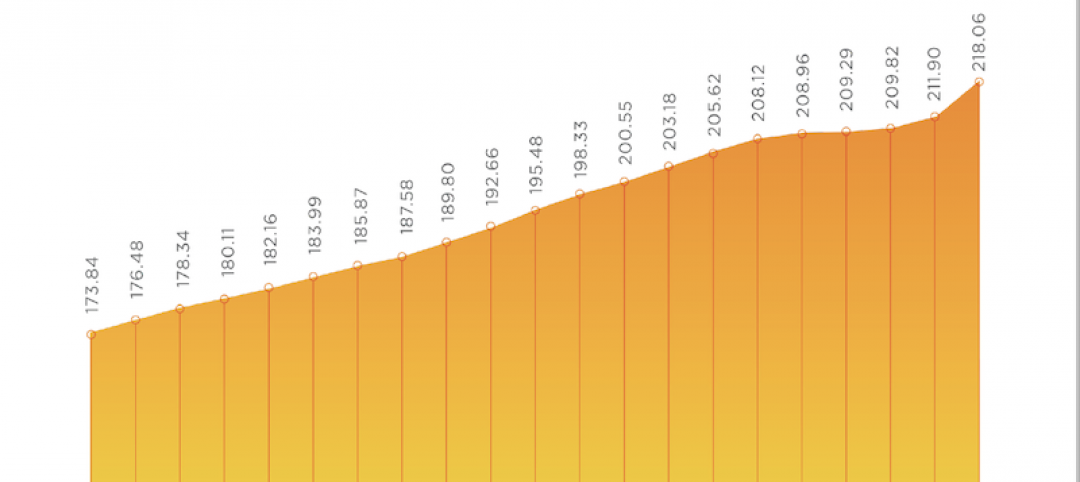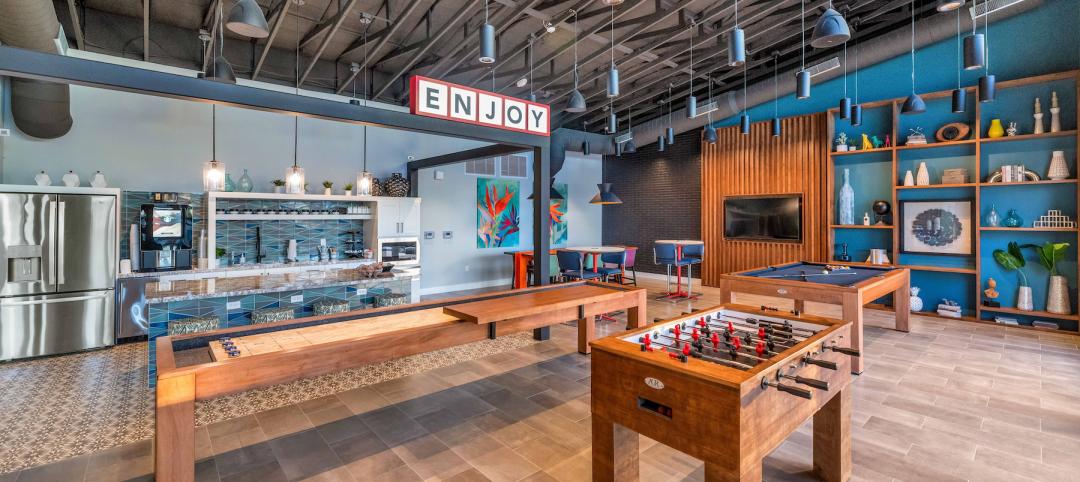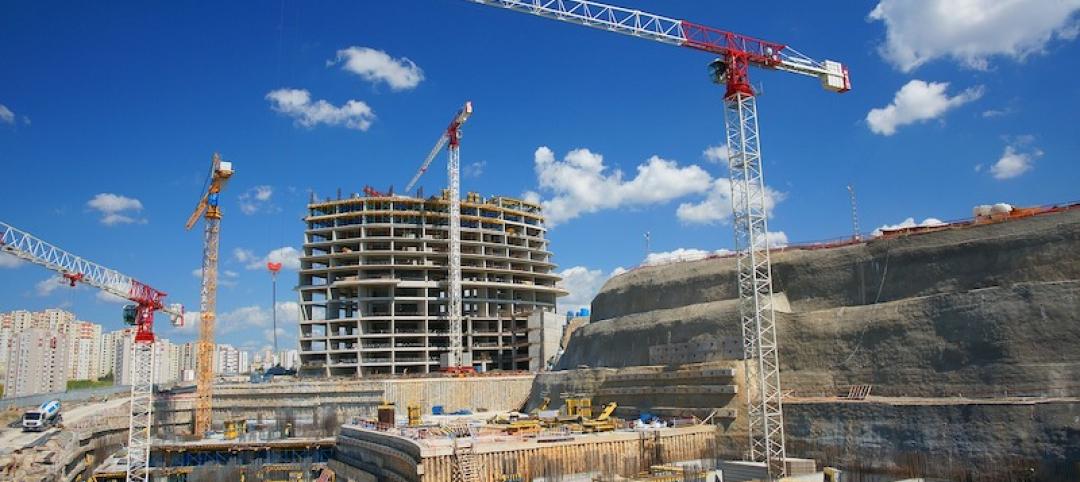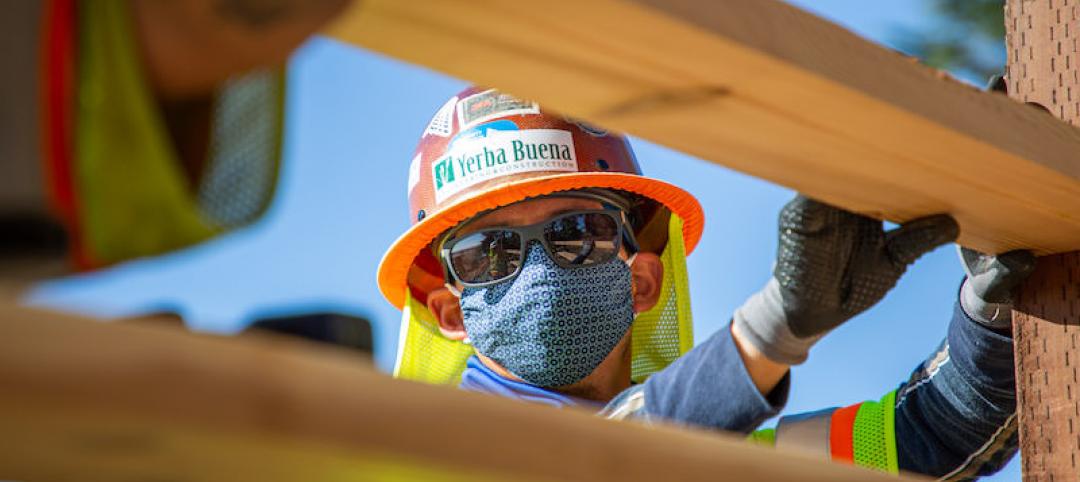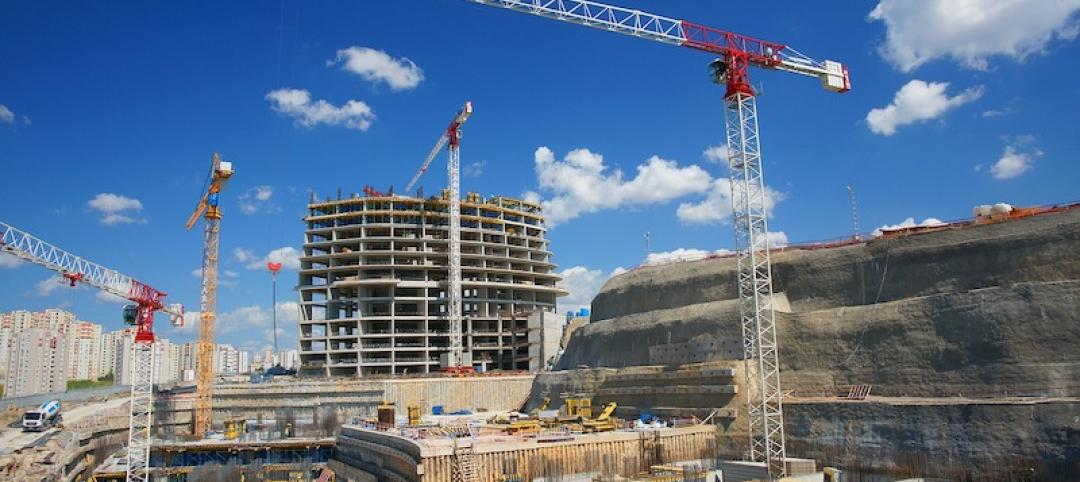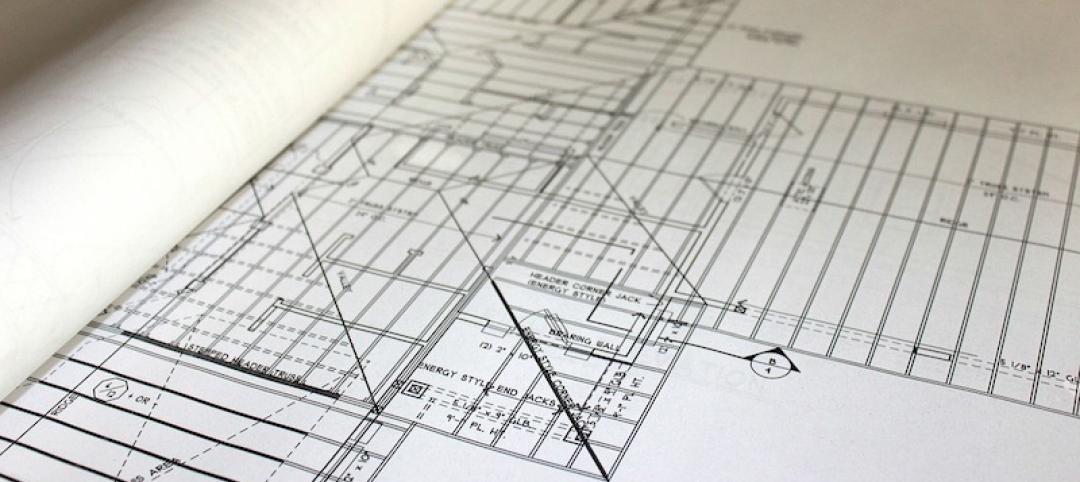As local and state governments are beginning a phased reopening of their economies, the International Code Council has compiled a guide of safety precautions and considerations for businesses looking to resume in-office activities. Acting as an aggregate information hub, the Code Council’s Coronavirus Response Center offers relevant information for building professionals and potential occupants to understand the impact the pandemic has had on the industry, as well as for companies who are currently creating plans and strategies to move back into their offices.
Ahead of reopening efforts, the Code Council has made it a priority to educate businesses, office managers and building safety professionals on an important but often-overlooked safety precaution – preparing an office building for re-occupancy. With many buildings reducing or turning off normal system operations during stay-at-home orders, it is critical to properly inspect and prepare a vacant building ahead of resuming regular activities. Without proper preparation and maintenance, the building may pose unrealized hazards to incoming occupants, whether from a heating, ventilation, and air conditioning (HVAC) or plumbing system to a powerless carbon monoxide detector.
Due to the wide range of aspects necessary for reopening a previously unoccupied building, the Code Council’s Coronavirus Response Center covers topics include:
- Addressing any temporary changes needed to building access and exit patterns to accommodate temporary reopening protocols such as employee health screenings, disposal of PPE, or any areas specifically designated for decontamination.
- Visually inspecting and testing the operation of building entrances and exits including doors, revolving doors, and garage doors for proper operation and ensure they are free from obstructions.
- If a building’s water distribution system has been shut down or seen reduced flow, flushing the pipe system with clean, potable water to remove any unwanted debris.
- Facilitating adequate physical distancing protocols, and considerations for revising maximum occupant loads for all buildings and spaces to accommodate 75 gross SF/occupant.
- Closing common areas where personnel are likely to congregate and interact or enforcing strict physical distancing protocols.
- Guidance on disinfecting communal areas from FEMA and the CDC
“COVID-19 has had an unprecedented impact on our society, both economically and socially. As we continue to learn to navigate the new normal and discover what that actually entails, having easy access to information on topics like how to properly prepare a vacant building for reoccupation is crucial, especially during reopening efforts,” said Dominic Sims, CBO and CEO, International Code Council.
Access to the Code Council’s Coronavirus Response Center can be found here, while the full list of tips and considerations for reopening buildings can be found here.
Related Stories
Market Data | Jul 19, 2021
Construction employment trails pre-pandemic level in 39 states
Supply chain challenges, rising materials prices undermine demand.
Market Data | Jul 15, 2021
Producer prices for construction materials and services soar 26% over 12 months
Contractors cope with supply hitches, weak demand.
Market Data | Jul 13, 2021
ABC’s Construction Backlog Indicator and Contractor Confidence Index rise in June
ABC’s Construction Confidence Index readings for sales, profit margins and staffing levels increased modestly in June.
Market Data | Jul 8, 2021
Encouraging construction cost trends are emerging
In its latest quarterly report, Rider Levett Bucknall states that contractors’ most critical choice will be selecting which building sectors to target.
Multifamily Housing | Jul 7, 2021
Make sure to get your multifamily amenities mix right
One of the hardest decisions multifamily developers and their design teams have to make is what mix of amenities they’re going to put into each project. A lot of squiggly factors go into that decision: the type of community, the geographic market, local recreation preferences, climate/weather conditions, physical parameters, and of course the budget. The permutations are mind-boggling.
Market Data | Jul 7, 2021
Construction employment declines by 7,000 in June
Nonresidential firms struggle to find workers and materials to complete projects.
Market Data | Jun 30, 2021
Construction employment in May trails pre-covid levels in 91 metro areas
Firms struggle to cope with materials, labor challenges.
Market Data | Jun 23, 2021
Construction employment declines in 40 states between April and May
Soaring material costs, supply-chain disruptions impede recovery.
Market Data | Jun 22, 2021
Architecture billings continue historic rebound
AIA’s Architecture Billings Index (ABI) score for May rose to 58.5 compared to 57.9 in April.
Market Data | Jun 17, 2021
Commercial construction contractors upbeat on outlook despite worsening material shortages, worker shortages
88% indicate difficulty in finding skilled workers; of those, 35% have turned down work because of it.



